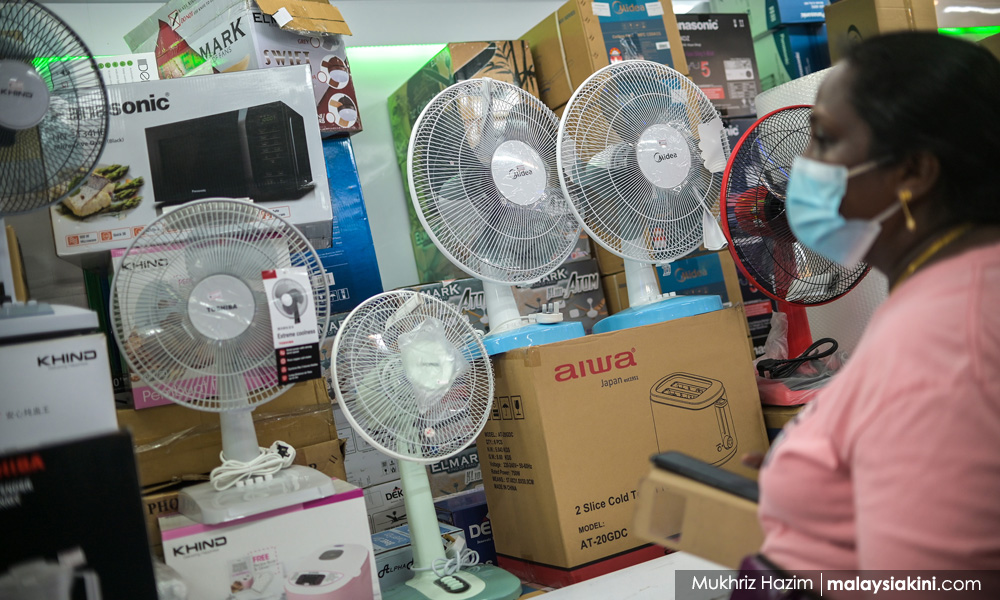Thailand: In 2019, the Thai government launched a campaign called \"Fix It, Don't Throw It Away\" to promote a culture of repair and reuse among consumers and businesses.
The campaign aimed at reducing waste generation, saving resources and creating jobs in the repair sector. The campaign also provided training and subsidies for repair service providers and encouraged the establishment of repair cafes and community repair centres.
Indonesia: In 2020, the Indonesian Consumers Foundation joined a global coalition of consumer organisations to call for stronger regulations on the right to repair.
The coalition urged governments and manufacturers to ensure that products are durable, repairable and recyclable, and that consumers have access to affordable and reliable repair services. The coalition also launched an online petition to gather support from consumers around the world.
Philippines: In 2021, a group of Filipino environmental activists and advocates launched a campaign called "Right to Repair PH" to raise awareness and mobilise support for the right to repair in the Philippines.
The campaign was aimed at challenging the planned obsolescence of products, especially electronic devices, and to empower consumers to demand better quality and reparability from manufacturers.
The campaign also sought to collaborate with policymakers, civil society groups and the private sector to develop policies and practices that support the right to repair.
In Australia, the Australian Consumer Law (ACL) prohibits suppliers from engaging in misleading or deceptive conduct, making false or misleading representations, or engaging in unfair practices in relation to goods and services.
The ACL also requires suppliers to comply with mandatory safety standards and calls for ban on certain household products, such as electrical appliances, children's products and cosmetics.
The ACL also gives consumers a set of consumer guarantees, which include the guarantee that goods are of acceptable quality, fit for purpose, match their description or sample, and have spare parts and repair facilities available.
In New Zealand, the Consumer Guarantees Act 1993 (CGA) provides consumers with similar guarantees as the ACL, such as the guarantee that goods are of acceptable quality, fit for purpose, match their description or sample, and have spare parts and repair facilities available.
The CGA also gives consumers the right to choose their remedy of repair, replacement, refund, or compensation, if the goods fail to meet any of these guarantees. The CGA also empowers consumers to take legal action against suppliers who breach their obligations under the CGA.
In the United Kingdom, the Consumer Rights Act 2015 (CRA) provides consumers with statutory rights and remedies in relation to goods and services.
The CRA requires goods to be of satisfactory quality, fit for purpose, match their description or sample, and last a reasonable length of time.
It also gives consumers a short-term right to reject faulty goods within 30 days of purchase, a right to repair or replacement within six months of purchase, and a right to a price reduction or final right to reject after one failed repair or replacement attempt.
The CRA also enables consumers to challenge unfair contract terms and seek redress for misleading or aggressive practices.
Introducing a specific provision in the CPA 1999 that prohibits planned obsolescence and imposes penalties on suppliers who engage in such practice.
Developing and enforcing mandatory safety standards and banning household products that pose significant risks to consumers' health and safety.
Granting consumers, the right to repair their household products by requiring suppliers to provide them with spare parts, repair manuals, tools, or software updates at reasonable prices and within reasonable time frames.
Giving consumers more choice and flexibility in selecting their remedies of repair, replacement, refund, or compensation when their household products are defective or do not conform to the contract.






No comments:
Post a Comment
Note: Only a member of this blog may post a comment.